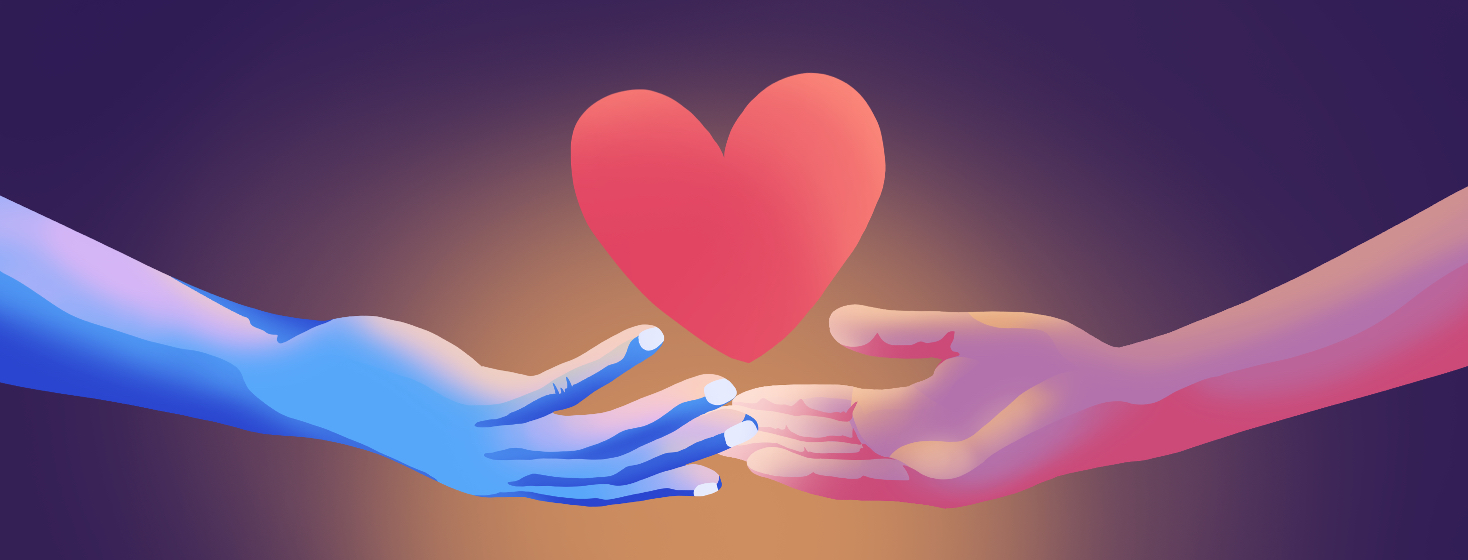Helping Others Help Themselves
As we age, we see more of our friends and family struggling with health issues. Unfortunately, many times that is a diagnosis of some type of dementia. Since I was diagnosed with Alzheimer's, I find that families dealing with dementia will turn to me for advice on how to cope with what they are dealing with. I am always happy to help, but it can sometimes be frustrating for me and for them.
A family dealing with a new Alzheimer's diagnosis
Families dealing with a new diagnosis of Alzheimer's (or other dementia) are sometimes dumbfounded, sometimes in disbelief, but mostly they feel lost.
They ask me, "What do I do now?" Or, "How can this be happening?"
After getting over the initial shock of the diagnosis, I try to tell my friends that their life now has a new reality to it. If the diagnosis is caught early, lots of decisions can be made together and lifestyle changes can occur to help the loved one live a somewhat "normal" life, albeit with some changes.
With this disease the whole family's life changes not just the ones with dementia.
Overwhelmed? That's normal
Care partners can get overwhelmed so quickly and not even know it. They don't want to ask for help. They feel as if no one can help them.
Help comes in a lot of different forms and unless you ask, people are not going to know you need help. I have seen this as one of the biggest obstacles for families in dealing with their family members. I try to give them an example of asking for help in a different context.
Consider this
The scenario I present to the is this: Your loved one just comes home from being in the hospital (for whatever reason), and needs to be cared for or watched over at home. You need to go to a regular doctor's appointment of your own and need someone to sit with your family member.
Would you call a friend or other family member and ask them to come over and sit with your loved one for a few hours? You probably would. They probably want to help and have said, "If you need anything, just call me" anyway. So, why are you reluctant to call someone to come and sit with your family member with Alzheimer's for a few hours just to give you a break – even if it is to only take a nap?
Most of the time, people want to help
They may not be able to help the person with Alzheimer's, but they can help you as a care partner – little things matter. Your close friends and family want to help, they just don't know how unless you ask them.
If they truly offer, try little things first. Ask them just to come by and visit for a half an hour, ask them to pick up a gallon of milk. Eventually your friends and family will know what to help you with without you asking.
Featured Forum
View all responsesBe open. Try to remember that Alzheimer's is a disease – just like cancer, diabetes, etc. It is not something to be ashamed of – don't carry the burden alone.
Asking for help after a loved one is newly diagnosed
I have always told my family that I have the easy part – they have the hard part – but you don't have to go it alone. If you don't have family or friends close by, please look to local resources in your area. They are trained to help you and that is their job. Help yourself and your family get the help you need.

Join the conversation